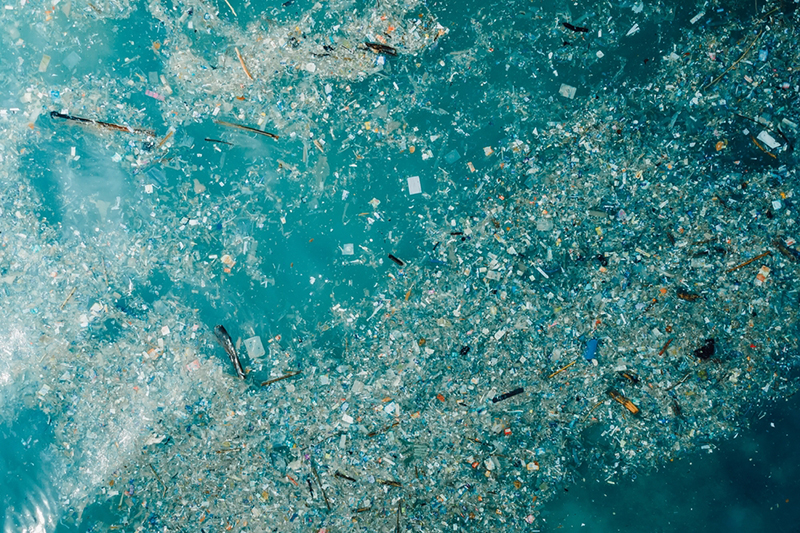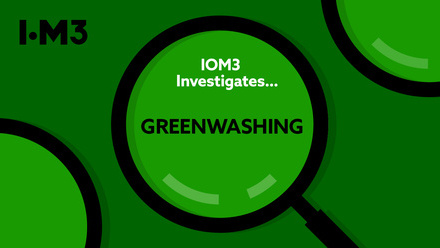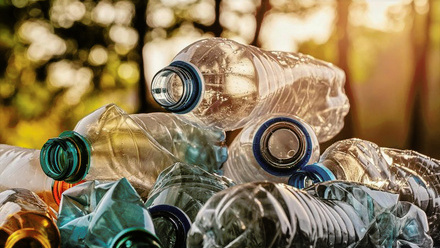Australian firm fined for misleading 'ocean plastic' claims
The Federal Court has ordered Clorox Australia Pty Ltd to pay AUS$8.25mln.

The penalty is for 'making false or misleading representations to consumers that certain GLAD kitchen and garbage bags were partly made of recycled ‘ocean plastic’.
This is following court action brought by the Australian Competition and Consumer Commission (ACCC).
Clorox admitted that, between June 2021 and July 2023, it breached Australian Consumer Law by stating on the packaging of its GLAD to be GREEN '50% Ocean Plastic Recycled' Kitchen Tidy Bags and Garbage Bags products that the products were made of at least 50% recycled plastic waste collected from the ocean or sea, when this was not the case.
More than 2.2 million products were supplied in this packaging over this period.
Rather, the products were made from about 50% plastic waste which had been collected from communities in Indonesia with no formal waste management systems, situated up to 50km from a shoreline, and otherwise from non-recycled plastic, processing aid and dye.
'Claims about environmental benefits matter to many consumers and may impact their purchasing behaviour. When those claims are false or misleading, this is a serious breach of trust, as well as the Australian Consumer Law,' ACCC Chair Gina Cass-Gottlieb comments.
'This is also a significant matter because consumers have limited or no ability to independently verify the accuracy of the claims made on packaging and it also disadvantages competitors who are accurately communicating their environmental credentials.
'We consider this penalty is appropriate in this case where Clorox gave insufficient consideration to what ‘ocean plastic’ meant to an ordinary consumer, particularly in light of the blue colour and wave imaging on the packaging.'
The Court held that these features 'connoted a relationship between the Products and the ocean' and the 'reference to ‘green’ on the Packaging connoted environmental-friendliness', and that these were 'important contextual matters in assessing the contravening conduct'.
It was also observed by the Court that 'there is a particular societal harm that arises when conduct undermines consumers’ confidence in environmental claims', adding that the 'development of products that minimise adverse environmental impacts is beneficial' but “[e]nvironmental claims are useful for consumers only if they are accurate.'
Clorox was also ordered to set up an Australian Consumer Law compliance programme, publish a corrective notice on its website and pay part of the ACCC’s legal costs, among other orders.









